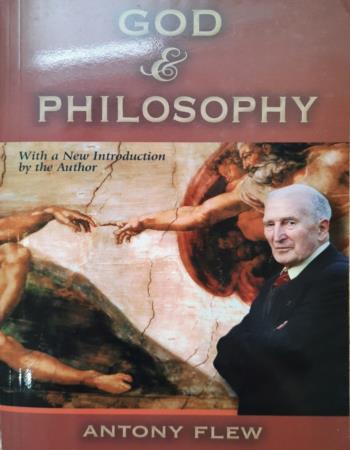
| Tác giả | : | Clayton, Philip |
|---|---|---|
| Nơi xuất bản | : | U.S.A: William B. Eerdmans Publishing Company, 2000 |
| Thông tin trách nhiệm | : | Philip Clayton |
| Mô tả vật lý | : | xv, 516 pages Hardcover, Illustration 24 cm |
| Tóm tắt/ chú giải | : | This study by Philip Clayton reconstructs and evaluates the steps by which the concept of God became a problem in modern thought. Clayton shows that this development has its roots in Descartes's break with the medieval tradition, in Leibniz's failure to build a modern metaphysics of perfection, in Kant's reduction of God to a regulative concept, and in the increasing power of the Spinoza tradition as it met the challenge of German idealism and became incorporated into it. These developments provide the backdrop against which theology's prospects today can be assessed." "Clayton shows how key thinkers of the modern period continued to wrestle with the concept of God as "infinite" and "perfect" and to make fresh proposals for understanding the divine. The sophisticated models of God developed by Descartes, Leibniz, Spinoza, Fichte, and Schelling, among others, are presented, analyzed, and constructively applied to contemporary philosophical theology. Clayton's work reveals the resources that modern thought continues to offer to philosophical theologians. Ultimately, he finds in the narrative of modern thought about God strong support for panentheism, the new theological movement that maintains the transcendence of God while denying the separation of God and the world. |
| Đề mục | : | |
| Ngôn ngữ | : | Eng |
| DDC | : | 212 / C619-P55 |
| SĐKCB | : |
|





